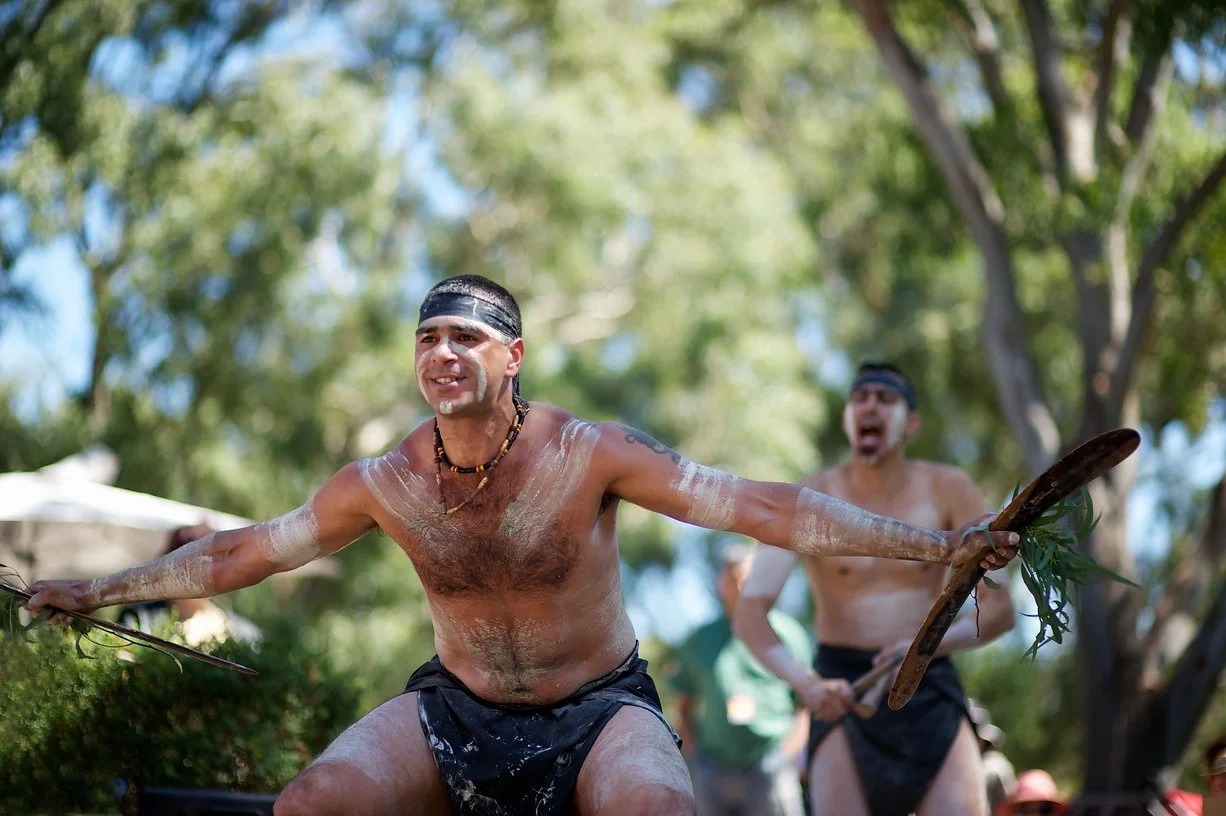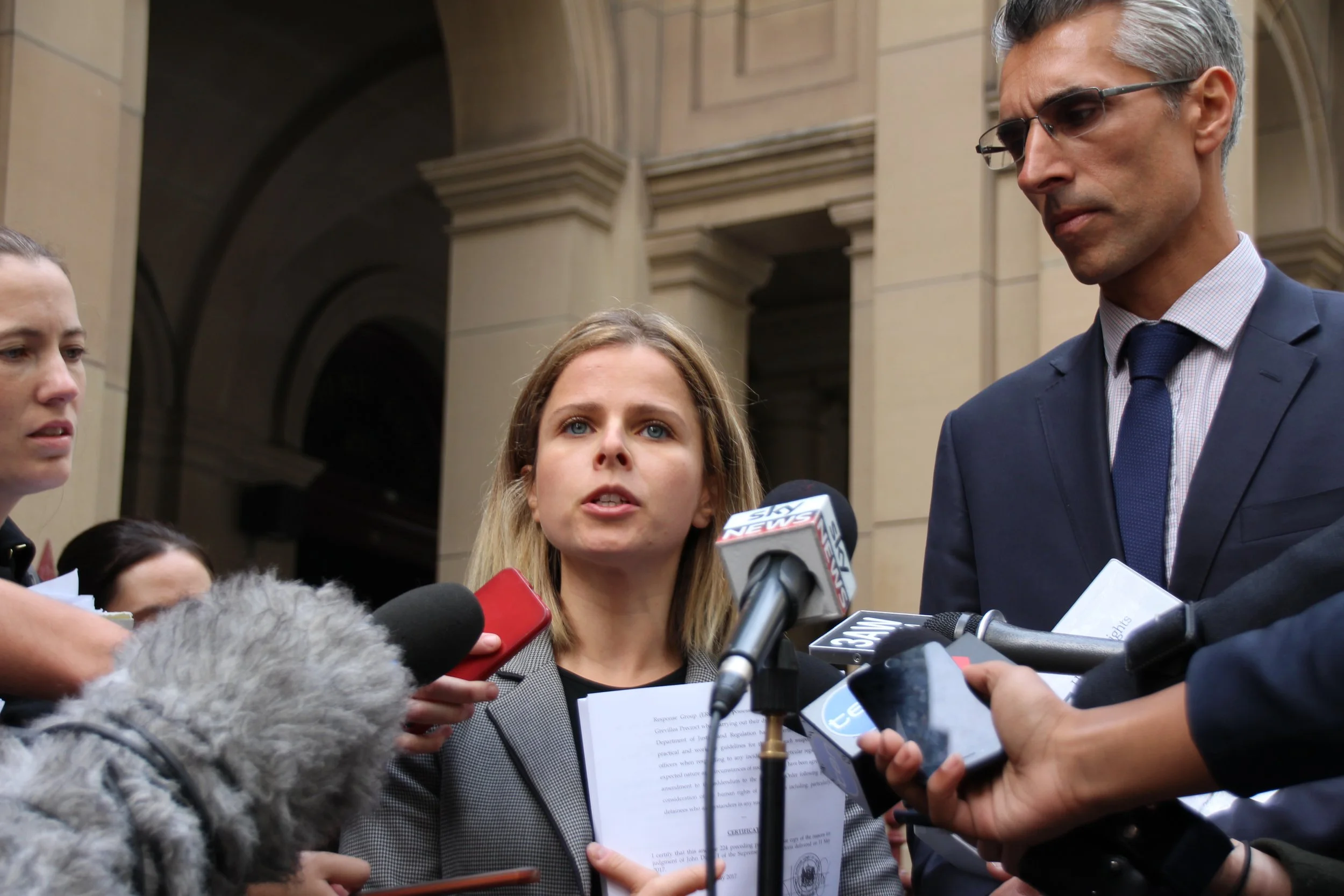
101 cases
of how Human Rights ACTS make our lives better
No matter who we are or where we are, our lives are better when we all treat each other with fairness and respect and when we can all enjoy our rights and freedoms. Human Rights Acts and Charters promote respect for human rights and give people power to take action if their rights are breached.
The 101 cases set out here highlight the benefits Human Rights Acts and Charters have brought to people in the ACT, Victoria and Queensland. These cases also highlight the need for a national Human Rights Act, as well the need for Acts or Charters in states and territories which do not yet have them.
We designed this resource to inspire people to use Human Rights Acts and Charters where they exist in Australia; and to join with others in calling for a national Human Rights Act and Charters in every state and territory.
Click here to add your name to the call for a Human Rights Act.
CASE STUDIES
Aboriginal children jailed in adult prison: Human Rights Act in action
Bendigo mosque and freedom of religion: Human Rights Act in action
Will Ingram and the right to equality: Human Rights Act in action
Queensland and the right to housing: Human Rights Act in action
The right to education for children seeking asylum: Human Rights Act in action
Victorian pandemic laws: Victorian Charter of Rights in action
101 Cases
Human Rights Acts and Charters Make Our Lives Better.
Here are 101 cases showing how
Case 1: Recognising Aboriginal and Torres Strait Islander significant dates and events at schools
The Queensland Department of Education has incorporated human rights considerations into their internal complaints process.
Case 10: Family in need of accessible social housing offered support after long delay
After an Aboriginal woman with a disability, and her three children, were forced to vacate their social housing, the woman lodged a complaint regarding the length of time taken to arrange modifications to ensure she could shower and access the kitchen safely.
Case 11: ACT Human Rights Commission assists Aboriginal child to raise human rights arguments in relation to her experience in custody
The ACT Human Rights Commission intervened in a court case regarding the infringement of the cultural rights of an Aboriginal child detained at the Bimberi Youth Justice Centre.
Case 21: Coroner investigates the role of systemic racism in the death in police custody of proud Yorta Yorta woman Aunty Tanya Day
Proud Yorta Yorta woman Aunty Tanya Day –a much-loved sister, mother, grandmother and advocate - died in December 2017 after being arrested for being drunk in a public place after she fell asleep on a train.
Case 26: Meaningful access to Aboriginal culture in out-of-home care
Aboriginal children are over-represented in child protection systems and are often removed from their family and placed in the care of non-Aboriginal families.
Case 27: Aboriginal woman with mental illness able to access treatment in the community instead of in hospital
An Aboriginal woman with mental illness was subject to compulsory mental health treatment in hospital.
Case 30: Addressing the over-imprisonment of Aboriginal women in prison
Aboriginal women are the fastest growing prisoner group in Victoria and are significantly over-represented compared with non-Aboriginal women.
Case 41: Aboriginal cultural rights need to be considered in decisions around access to the Koori Court
An Aboriginal man, Mr Cemino, applied to the Magistrates’ Court in Echuca in country Victoria to transfer the criminal charges he was facing to the Koori Court in Shepparton for sentencing.
Case 44: Aboriginal children returned to the care of their grandmother
Four Aboriginal siblings were placed in protective care because of concerns for their safety. At first, the children were placed in a non-Aboriginal home and separated from one another.
Case 46: Corrections Victoria establishes rehabilitation program for Aboriginal men on corrections orders
Corrections Victoria used the Victorian Charter to inform the decision-making process behind establishing Wulgunggo Ngalu Learning Place.
Case 49: Human rights-based framework for agreements between state and traditional owner groups
The Victorian Parliament passed legislation to create a framework for native title agreements to be made between the state and traditional owner groups.
Case 86: Supreme Court finds that children held in maximum security prison were deprived of their human rights
After riot damage to a youth justice centre, the Victorian Government set up a new youth justice centre in a unit in the maximum security adult Barwon Prison and started transferring children as young as 15 there.
Case 88: Police express regret about asking traditional custodians to move on while exercising their cultural rights
Adrian Burragubba, a leader of the Wangan and Jagalingou people, and his family were camping, practicing their culture and performing traditional ceremonies on a pastoral lease area.













